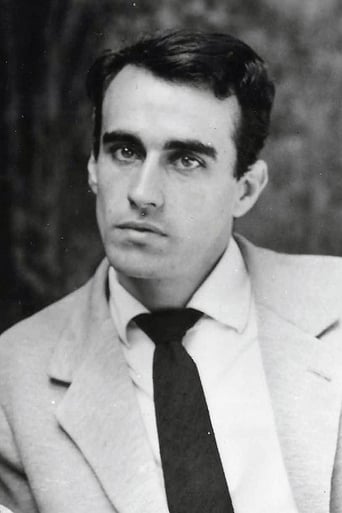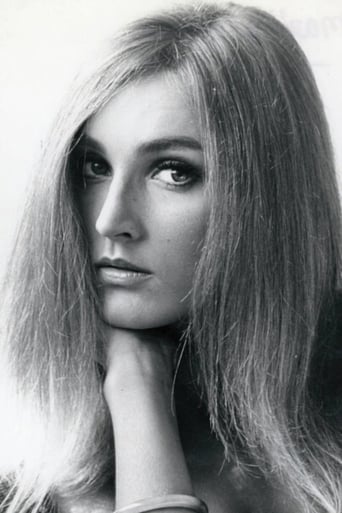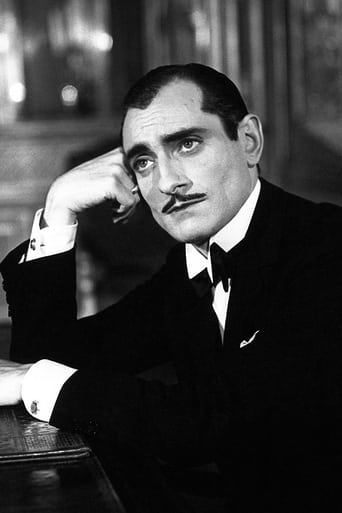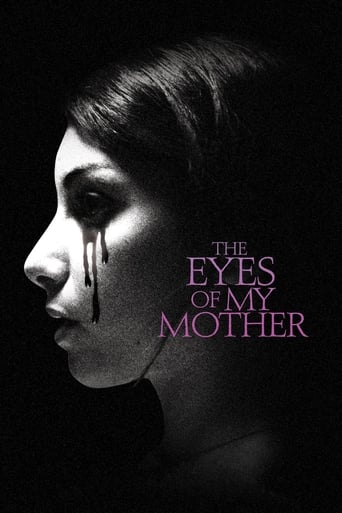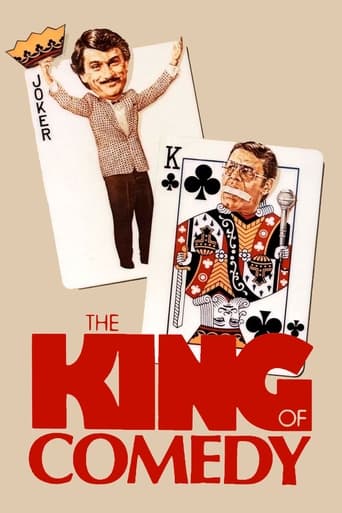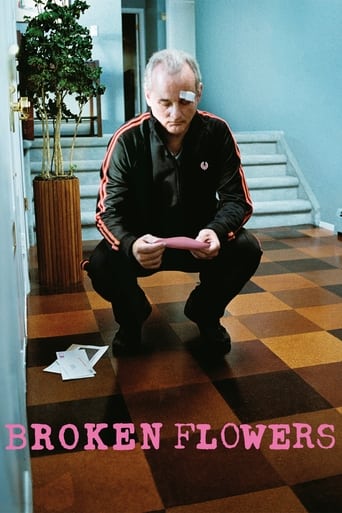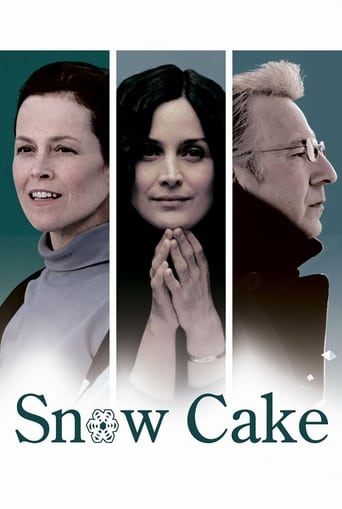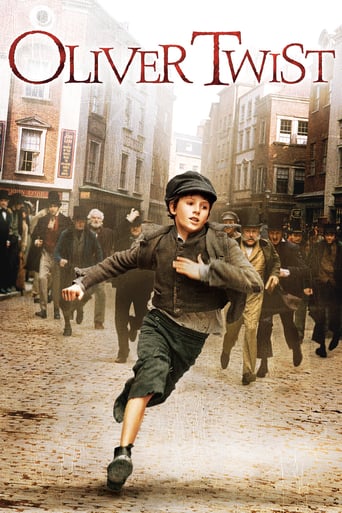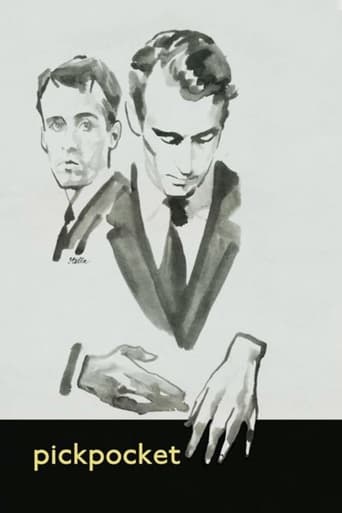
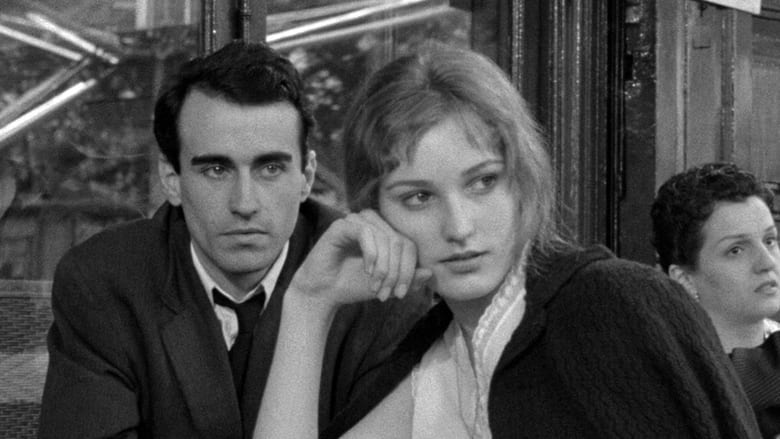
Pickpocket (1963)
Michel takes up pickpocketing on a lark and is arrested soon after. His mother dies shortly after his release, and despite the objections of his only friend, Jacques, and his mother's neighbor Jeanne, Michel teams up with a couple of petty thieves in order to improve his craft. With a police inspector keeping an eye on him, Michel also tries to get a straight job, but the temptation to steal is hard to resist.
Watch Trailer
Cast
Similar titles
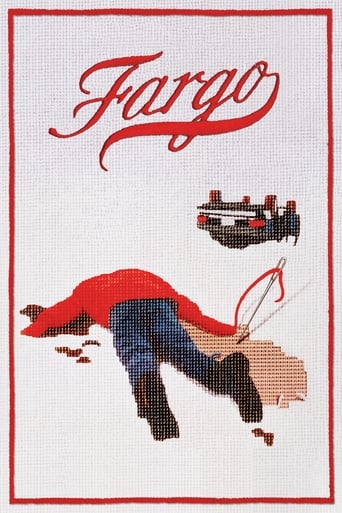
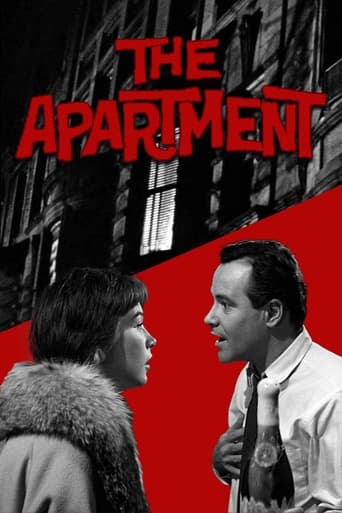
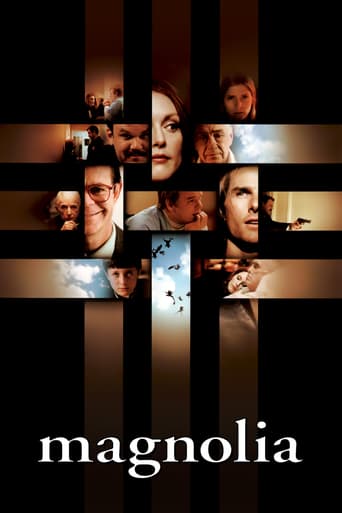
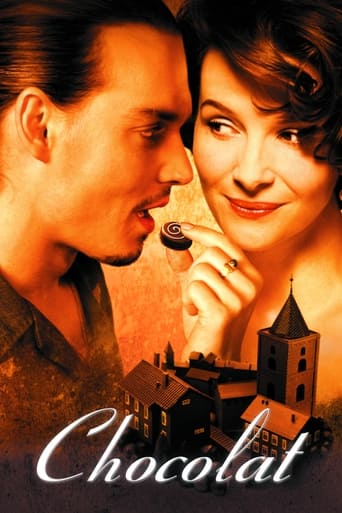
Reviews
i must have seen a different film!!
For all the hype it got I was expecting a lot more!
When a movie has you begging for it to end not even half way through it's pure crap. We've all seen this movie and this characters millions of times, nothing new in it. Don't waste your time.
Blistering performances.
Barely coming in at 75 minutes, this movie is just so watchable! As Hitchcock said, the length of a film should be proportionate to the movie goers bladder! Well said and a film well done. If you've ever been to France (Paris in particular) you know that pickpockets are a problem and it is all too easy to become a victim. With some truly brilliant camera work and acting, we are shown by the main, Michel, the flip side of pick pocketing! I saw another review complaining about lack of a plot and I agree, it is frustrating! Just when you think he might give it up and go for love, he doesn't. All of the elements of the film NOT about pick pocketing are very wishy washy, but seriously...the title is pick pocketing...what did you expect?! The guy is happiest when he pick pockets and I am happiest when I watch him pick pocket! Truly a wonderful film.
Pickpocket is a film that apparently has serious flaws- from the very beginning it displays little to no emotion as the actors on screen just say their lines and the camera just follows them from a distance, with no close-ups or any other tricks.But what is unique about this film is that this very criticism is actually a deliberate attempt to cause uneasiness in the viewer. And it succeeds- the anxiety, as felt by the pickpocket in his everyday living, is also transmitted to us. So, to correct my previous statement: this movie does not lack emotions- it has emotions: anxiety, uncertainty, but these are delivered in an unconventional manner.From a personal standpoint, I wasn't sure if I liked it or not. It is hard to appreciate this dimension of the film at first. But after seeing some extras from the excellent Criterion package, I was able to understand better. How Bresson actually committed to cause these emotions in the viewer, how he re-shot several times various scenes until the actors just repeated their lines, until no trait of emotions were left. Michel's narration voice-over is flat, plain. These were non-professional actors set to work in a non-standard way, Bresson's way. And the result is this: a film somewhat off-putting, but still a great work of art.
Some wag once suggested that civilization try to tap into the ontological Angst generated in the brain of Jean Paul Sartre and convert it into electrical energy. It would keep the City of Lights ablaze. Someone else suggested that France has three religions: Catholicism, Protestantism, and Atheism. I wonder if the two proposals aren't in some way congruent. Look at it this way. The whole purpose of religion is to keep you feeling guilty enough to support it. The Atheists don't have that kind of guilt, so they feel guilty about not having it. And all that existential spontaneity? Pure denial. Is it any wonder that Sartre bit his nails? I'd never seen any of Robert Bresson's work, though I'd often seen it referred to, and I was a little wary of watching this one. I thought it would turn out to be some highbrow allegory with no picking of pockets at all, just a mutual picking of equally gloomy minds, and all of it taking place in the rain.But actually, Michel LaSalle, is really a pickpocket. He's alienated from everyone else, lives alone in a crummy flat, visits his dying mother only reluctantly. He makes what I think is called a distant acquaintance of an alluring neighbor, Marika Green, who is tending Michel's mother out of compassion.Michel falls in with a couple of other pickpockets and there are several close ups of hands lifting wallets and unsnapping watches and slipping them into a confederate's pocket. The confederates aren't friends. They don't smile or laugh. Nobody laughs. They silently go about their routines, like the pod people in "Invasion of the Body Snatchers" or guests at a Seder hosted by Lutherans.Michel has already been caught once by the cops, who release him with a warning, but they continue to taunt him, following him around, trapping him finally at a race track. At one point, the Chief Inspector, Jean Pelegri, visits Michel and tells him the story of a boy who went bad. "Who was it?" "Why, it was you," replies the inspector.Well, Michel is a skinny, sensitive-looking young guy who tortures himself over his criminal acts, reads books, and he and his neighbors are very poor, and in other ways the endoskeleton of "Crime and Punishment" shows through the jailhouse pallor of the story. But that's okay.Still, all the way through, I kept trying to imagine how Michel, with no other source of income except what he picks off others in public, and what he earlier stole from his own mother, could subsist at all, especially after he starts having to split the take three ways with his two colleagues, about whom he knows nothing of importance. I mean, you can't WEAR half a dozen watches on your wrist. You have to hock them or fence them, right? And then you get ten centimes on the dollar? And how much can you make lifting wallets from strangers on the Metro, even if you're good at it? To prove it's a difficult way to make a living, I now extract my own wallet from my right rear trouser pocket (not from the easily picked breast pockets that Michel keeps sliding his fingertips in) and how much do I have? Let me see. Eighty-two dollars! Wait a minute. Is this somebody ELSE'S wallet? Nope. Wow. Must have cashed a big check lately. You'll have to take my word for it that the usual amount only infrequently runs to double digits.The Introduction tells us that this movie is not a policier (which the subtitles translate as "thriller") but a story of two souls finding each other. One soul, of course, is Michel. The other is Marika Green as Jeanne. Now, Marika Green has the face -- the cherubic lips and large bright eyes -- of one of those old-fashioned dolls made of porcelain. Any man would happily throw himself at her feet and grovel, though I'm not sure about Michel. But, boy, if this romance is supposed to be the heart of the story, it is very clumsily handled. It's anything but organic. The two have exchanged only a few words before, and I don't think they've ever touched, yet at the end they go into a clinch and there is a big smooch. Maybe it's an existential act.Anyway, if I tried hard enough, I could find plenty of covert messages behind this slow, dullish, and rather uninvolving movie. But I'd never be sure I wasn't committing the Texas sharpshooter fallacy, seeing clusters of meaning where none exist.In an introduction to the Criterion Edition, Paul Schrader lauds the film because it violates the viewer's expectations regarding editing, plot, facial expressions, emotional involvement, and so forth. The usual movie conventions are discarded. He must have loved Andy Warhol's "Empire", which is a single shot of the Empire State Building from early evening until nearly 3 am the next day, more than eight hours long. That'll violate your expectations for you.Worth watching once, if only because it's widely recognized as an important film.
Pickpocket involves a young man named Michel. He develops thievery as a hobby and soon meets another man who teaches him his craft.Shortly after, Michel is arrested. While in jail, everything is put into perspective for him and he reflects on his past crimes.After he is released, Michel's mother dies right before his eyes. His friend Jeanne tries to help Michel with his problems but like before, he reverts back to a life of pick pocketing.Michel realizes that he is under suspicion and flees the country for two years. When he returns, his desire to pick pocket has him put in jail again. Jeanne visits him and they both share a loving moment for each other.9/10. A simple plot that is masterfully directed. Pickpocket shows the point of view of a misunderstood person in a harsh, unforgiving world.
